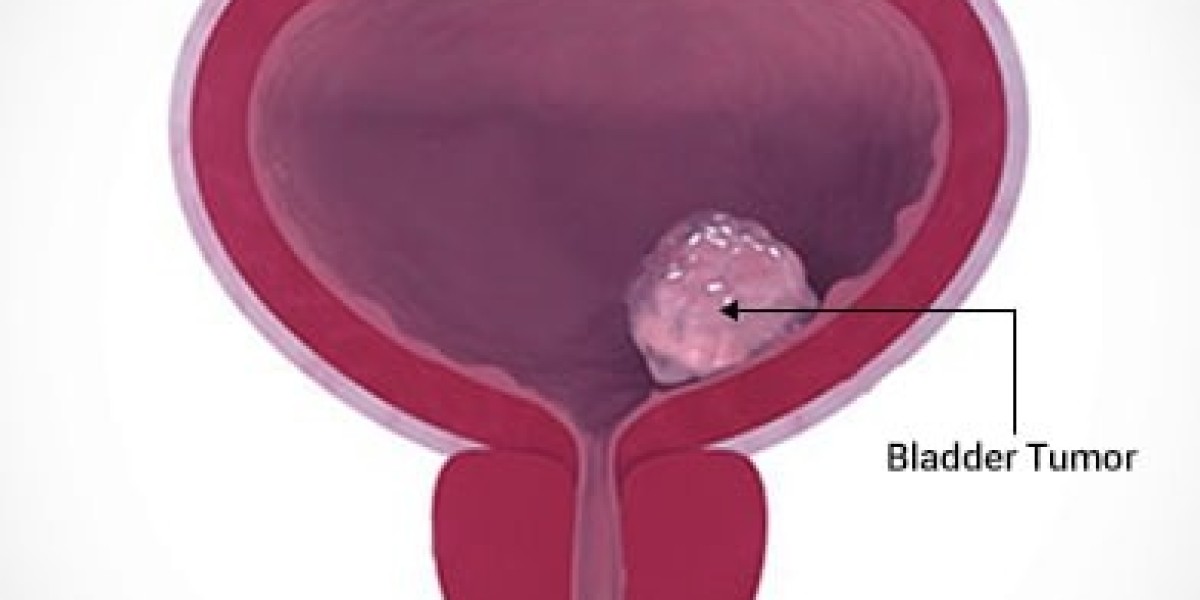Bladder cancer arises when abnormal bladder cells begin to multiply and spread uncontrollably. They could develop into a tumor and eventually spread to the organs and muscles nearby. Patients with bladder tumors are treated with transurethral resection of bladder tumors (TURBT). This endoscopic procedure is carried out through the urethra, the urinary passageway, without causing any cuts.
In this blog, we will guide the reader through the symptoms, diagnosis and TURBT treatment for bladder cancer. We have gathered insightful knowledge for this blog from a renowned urologist for bladder cancer surgery in Delhi, Dr. Niren Rao. To provide the best treatment option, it is very important to identify the symptoms and causes behind the tumors. Doing this timely can safe severe complications. Let’s learn about some common indicators for bladder tumours.
What Symptoms and Indicators are Present in Bladder Tumors?
The following symptoms are present when the patient is thought to have a tumor:
- Hematuria, or the passage of blood or blood clots in the urine.
- Hematuria, resulting from painful urine retention caused by clots.
- Urinating in pain.
- Symptoms of an irritable bladder, such as nocturia, urge incontinence, and frequency and urgency.
- Lower back pain.
- Loss of appetite and weight in patients with advanced bladder cancer.
How are Tumors in the Bladder Identified?
The urologist will order certain tests to diagnose bladder tumors based on the signs and symptoms:
- Urine Routine Microscopy and Culture: This is done to check for red blood cells, or RBCs, in the urine and to rule out infection.
- Urine Cytology: It is performed three days in a row using a sample of urine collected in the morning to search for malignant cancer cells.
- Ultrasound: This gives us information about the prostate, ureters, and kidneys in addition to the size of the tumor.
- Contrast Enhanced CT scan (CECT): This is the preferred method of diagnosing bladder tumors and helps with patient surgical planning.
- PET Scan: This test is used in more advanced cases to determine whether the tumor is inside the bladder or has spread to other body parts.
How is TURBT Carried Out?
- This surgery for bladder cancer is best performed under general anaesthesia, which involves putting patients to sleep prior to the procedure and reawakening them following it. For small tumors, spinal anaesthesia may also be used, along with a small injection in the back to numb and immobilize the body below the umbilicus.
- Patients are put in a lithotomy position, and then current is introduced into the bladder using a telescope and a thin tube known as a resectoscope, which has a loop of wire at the end through which it runs.
- After a thorough examination of the bladder, the tiny tumors are completely removed (resected out) and sent for a biopsy. Following the tumor's removal, a section of the bladder wall that was normal just below the tumor is also removed, and a biopsy is performed to determine the tumor's depth. When dealing with extremely large tumors, either a small sample is sent for a biopsy or the surgery is performed in stages.
- In cases of small tumors, intravesical chemotherapy is administered after surgical excision of any remaining microscopic cancer cells.
- After the procedure, a catheter is inserted into the bladder to help drain it more effectively and irritate any remaining blood clots.
Conclusion
Bladder cancer is treatable if it is diagnosed in its early stages. Since bladder tumors frequently recur, the doctors inform and motivate the patients to closely monitor their condition. They must select a skilled and experienced urologist to ensure they are in good hands. One can consider consulting Dr. Niren Rao, renowned as the best urologist in Delhi, who offers the best bladder cancer surgery. To learn more about the treatment and its cost, visit the Delhi Urology Hospital today.







